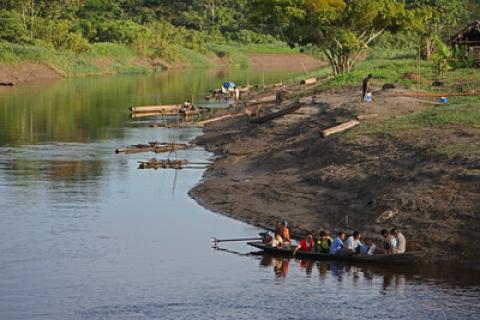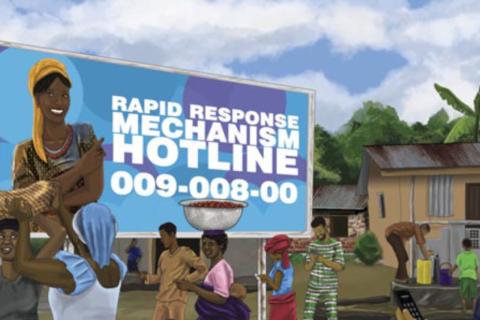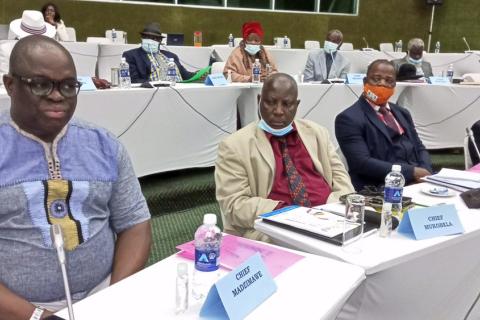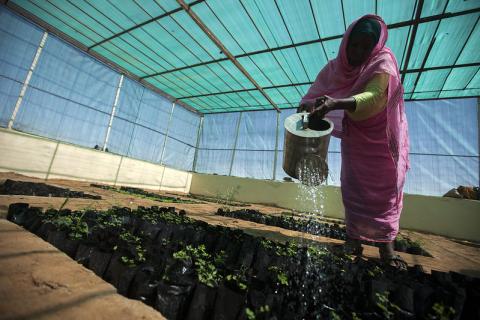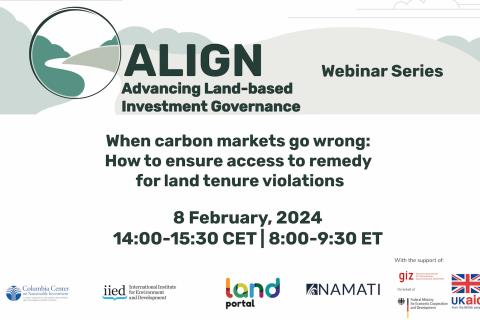Why Funders Must Prioritise Land Rights for Women: Catalysing Economic Empowerment and Gender Equality in India
India has made significant strides in empowering women over the past few decades, starting with self-help groups (SHGs) that became powerful vehicles for social inclusion. Government and NGO efforts later expanded to skilling and livelihood initiatives, helping women increase their income and build small businesses within their communities. Yet, despite this progress, the urgent need remains for a long-term, sustainable solution to women's empowerment.
Inclusive Land Governance and Secure Land Tenure Rights
How are civil society and impacted communities working to change the governance of land-based investments?
Rapid response mechanisms: proactive legal support for communities
Rapid response mechanisms (RRMs) are a new, proactive legal approach designed to provide legal and technical support to communities facing nascent conflicts related to land-based investments. RRMs provide preventative rather than reactive legal help the moment a conflict arises or community members’ rights are threatened, rather than trying to reverse rights violations once they have already occurred.
Traditional authorities need a clearer role in land governance
Traditional authorities in Zambia complain that the government does not consult them when land is allocated for investment projects, while communities say chiefs are neglecting their interests. Jesinta Kunda of Zambia Land Alliance says more clarity is needed on the role of traditional authorities, in law and practice, to ensure large-scale investments in agriculture, mining and other sectors are governed better – particularly in light of the rising demand for critical minerals found in Zambia. She urges the government, traditional leaders and citizens to seize the opportunities presented by current legal reforms in Zambia to create change.
Mining contract transparency improves local planning in Mali
In Mali, a civil society coalition worked with communities to achieve greater transparency on gold mining contracts and to hold authorities and companies to account. Their aim: to turn Mali’s mining sector into a lever for socio-econmic development and improve living conditions around mining sites.
Nouhoum Diakite charts a success story, with limitations…
Incorporating Climate Considerations Into Investment Assessment Processes: Guidance for National and Local Governments
Climate change poses an existential threat to ecosystems, with potentially far-reaching impacts on agriculture, forestry, wind and solar energy, and other land-based investments. These investments can also further exacerbate detrimental climate change impacts if they are not sustainably implemented.
48 Hours in Wales
What I learned about land rights from people who don't work in land rights
Webinar Recap : When carbon markets go wrong - How to ensure access to remedy for land tenure violations
This webinar, the fourth of the Advancing Land-based Investment Governance (ALIGN) series, took place on February 9th, 2024, under the title “When carbon markets go wrong: How to ensure access to remedy for land tenure violations”. The webinar drew in 562 participants and featured panelists from policy experts to community leaders. The webinar was jointly organized by the Land Portal Foundation, the International Institute for Environment and Development (IIED), Namati and the Columbia Center on Sustainable Development (CCSI).






